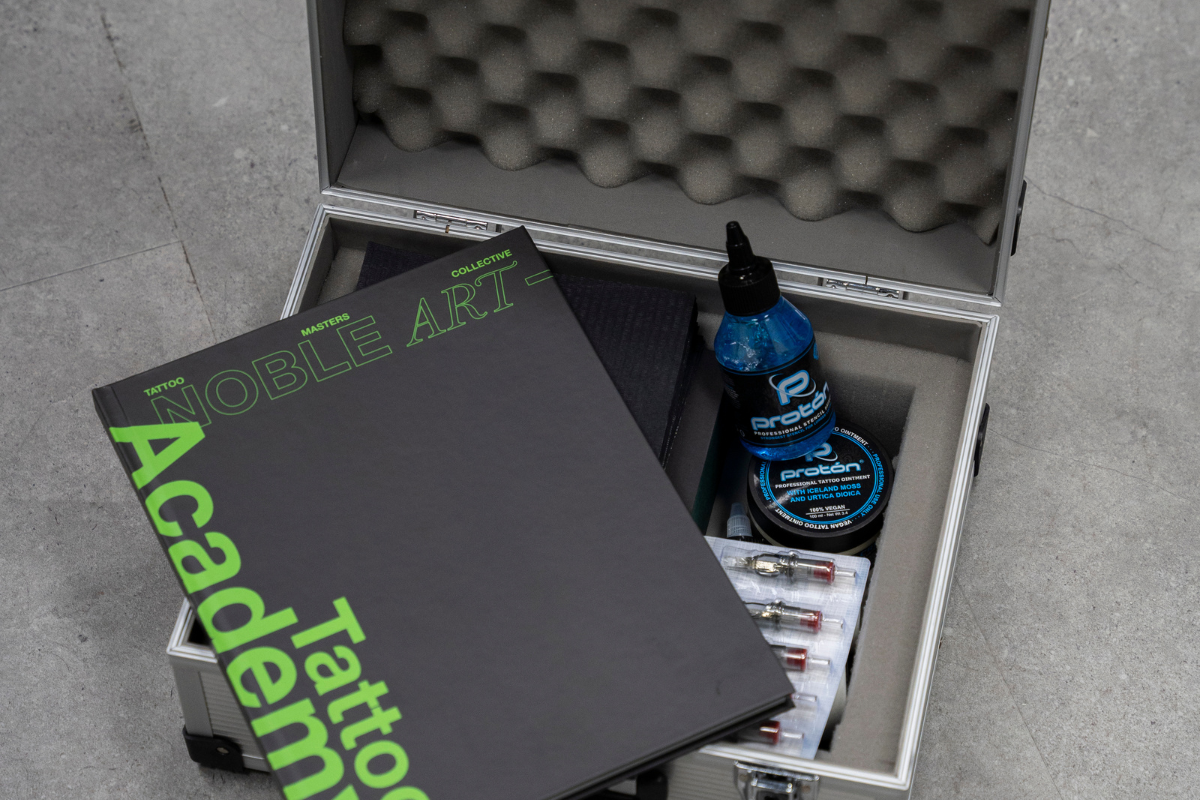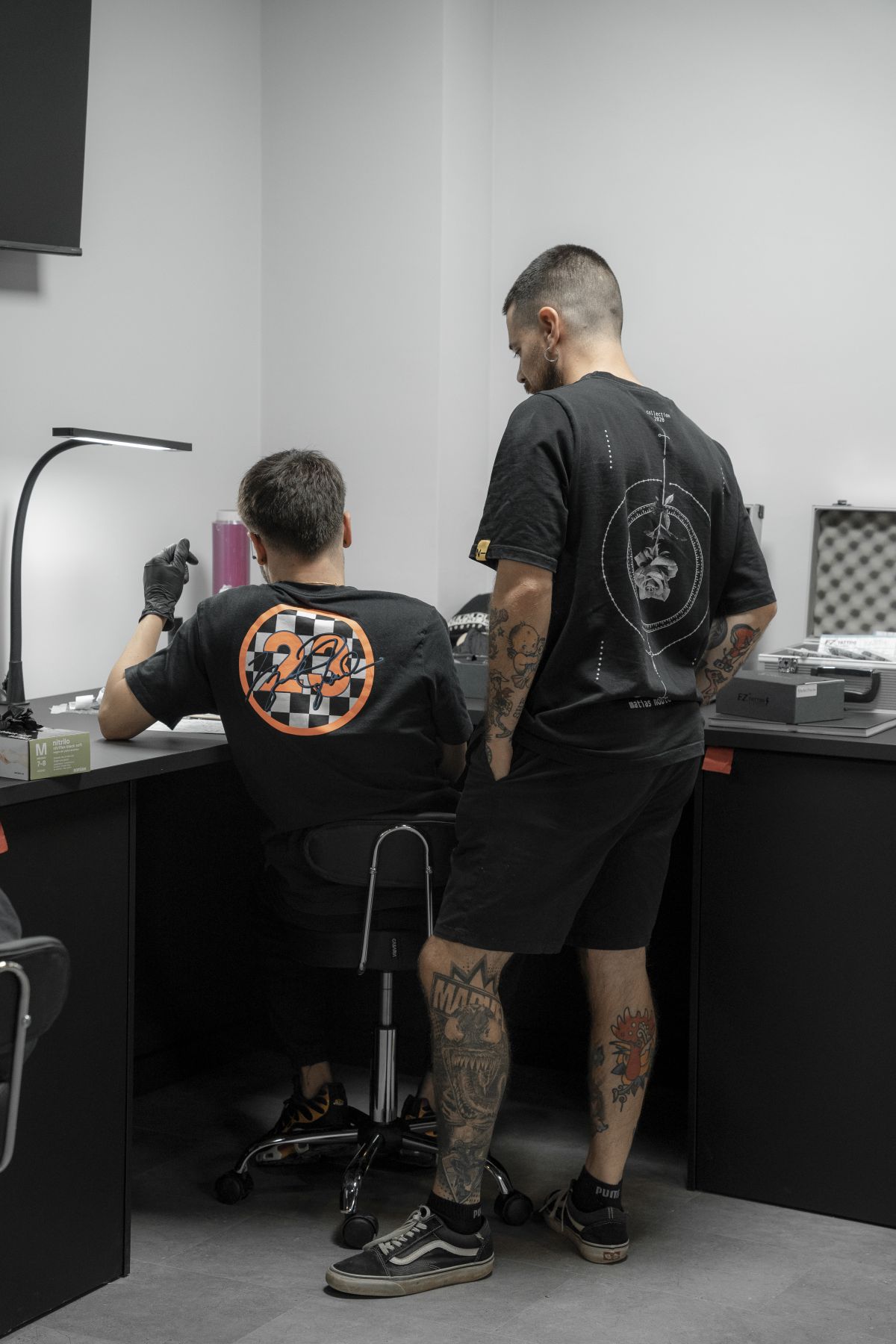Lack of Preparation:
One of the most common mistakes among novice tattoo artists is not adequately preparing for a session. This includes not having the right equipment, not studying the design enough, or not properly prepping the client's skin. To avoid this, always ensure you have your equipment in order, thoroughly study the design, and prepare the client's skin following proper hygiene practices.
Lack of Attention to Detail:
Success in the tattooing world lies in the details. Beginners often make the mistake of not paying enough attention to the details of the design, resulting in uneven lines, irregular shading, or spelling errors in words. The solution is to practice patience and concentration, taking the time to ensure that each detail is executed correctly.
Inexperience in Equipment Handling:
It's essential to have a thorough understanding of tattooing equipment and how to use it correctly. Beginners often make mistakes by not fully understanding how their tattoo machine works, how to set up the needles, or how to adjust the machine's speed and depth. To avoid this, dedicate time to familiarize yourself with your equipment and practice using it before tattooing clients.
Lack of Communication with the Client:
Effective communication with the client is key to a successful tattoo. Beginner tattoo artists often fail to ask enough questions or listen to the client's needs and desires before starting the tattooing process. To avoid misunderstandings, make sure to have a detailed conversation with the client about their expectations, preferences, and any concerns they may have before starting the tattoo.
Overestimation of Skills:
It's easy to get excited and want to try advanced techniques too soon. However, beginners often make the mistake of attempting complex designs before mastering basic skills. Instead of jumping straight into the complicated, focus on perfecting fundamental skills such as clean lines and uniform shading before advancing to more advanced techniques.
In conclusion, being a beginner tattoo artist can be challenging, but by avoiding these common mistakes and committing to continuous improvement, you can establish a solid foundation for a successful career in the tattooing world. Always remember to practice responsibly, maintain humility, and remain open to learning from your mistakes. With time and dedication, your skill and confidence as a tattoo artist will continue to grow, allowing you to reach your goals and aspirations in this exciting profession.


